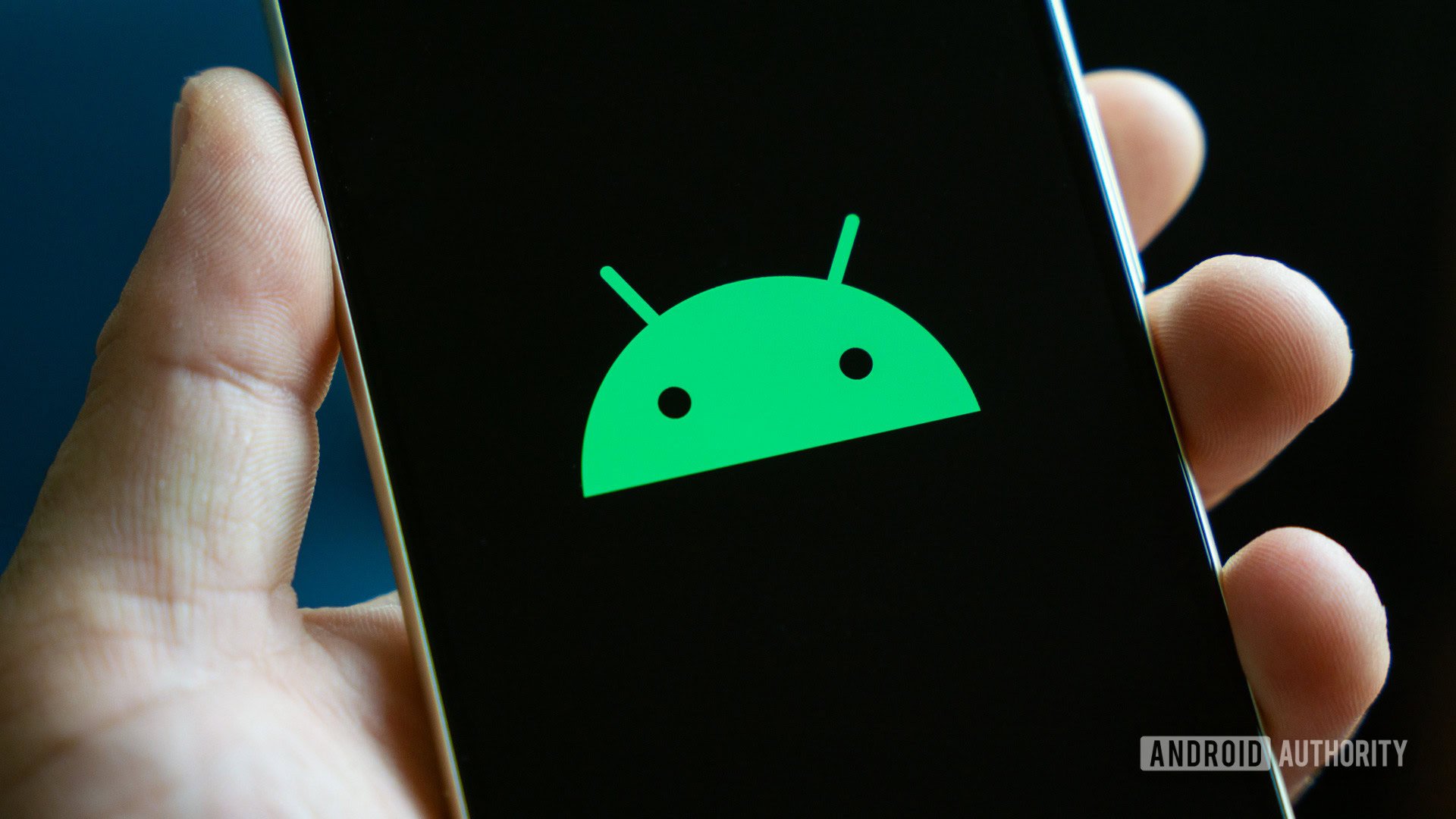TL;DR
- Efforts like Graphene OS face increasing pressure from apps that refuse to run on non-standard Android.
- The custom ROM project characterizes Google’s approach to device attestation as incomplete and flawed.
- Graphene OS is prepared to take legal action if Google won’t let it pass Play Integrity checks.



But almost every app is going to crash because they’re built on needing the information those APIs return.
His example of not being able to control some wireless speaker? Supporting that app is going to be a mess, best case.
You’d need some sort of translation layer to allow older versions of the Android userland drivers in the container to talk to the modern Android userspace drivers. Or you could write new userspace drivers inside the container that interact directly with the hardware, but this would likely be expensive and insecure. Definitely doable tho, especially for a company as large as Google.
Especially on Pixels, with the generic system image feature (allows for booting generic, non-device-specific android images), if the container is built with the same userland drivers as a generic system image, it might not even need any special effort/attention to run, though iirc GSIs are pretty recent, so you wouldn’t be able to run software for anything before like, Android 12 or 13 probably.